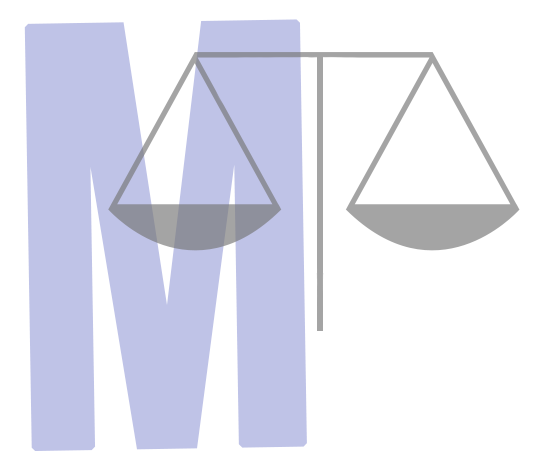I receive many questions from inventors and entrepreneurs about protecting their inventions while they are stating their companies and if it is worth it or not. I highly recommend filing a patent application to protect their invention in certain situations, and when done the right way to put many concerns at ease.
1. Why Protect My Invention?
In the early stages of starting a company/business there are tremendous emotions to go straight to the public to see if your invention will be valuable, or speak with investors to acquire the necessary funding to start producing the product.
However, there are two major points that every inventor or entrepreneur needs to know and think about before making any major decisions:
2. Am I infringing upon some else’s invention?
Protecting your rights in your invention is vital for protecting your company’s assets. This is true for all companies. Your Intellectual Property is your right to make a product that no one else can. Thus, it is safe to say, if you are found infringing upon someone else’s Intellectual Property they will not hesitate to assert their rights. In the early stages of starting a company you do not want to be fighting lawsuits. They are incredibly costly, take up a tremendous amount of time, and worst are typically easily avoided. Before even taking your product to the public, manufacture, or the investor, you want to make sure you have legal rights to your invention by having a patentability or freedom to operate search performed. With the over 20 million patents domestically and even more internationally, any of these prior art references can be the grounds for a lawsuit if the owner feels your invention infringes upon their patent. The information gathered from these searches provide invaluable information for determining what can be protected.
3. Okay, my invention is novel why should I protect it?
Unless there is an agreement in place with the public or the investors, your invention has very little if any protection from being stolen or becoming part of the public domain. Before any patent is filed, anyone that is shown the invention can potentially file a patent and supersede your rights to your own invention. Additionally, after one year from the public disclosure date of your invention, your invention becomes part of the public domain and these prior disclosures can be used to refute your right to your invention. The filing of a proper patent application will put these concerns to rest. With the filing of a patent application your invention is formally registered with the United States Patent and Trademark Office (USPTO) and you have a hard-set date of conception of your invention. Thus, you are free to talk to the public, investors, engineering, development, and the like without the worry that someone will supersede your rights to your invention.
In conclusion, the filing of the patent application early in the company’s life provides tremendous protection that few other options allow.
– Andrew Morabito


Recent Comments